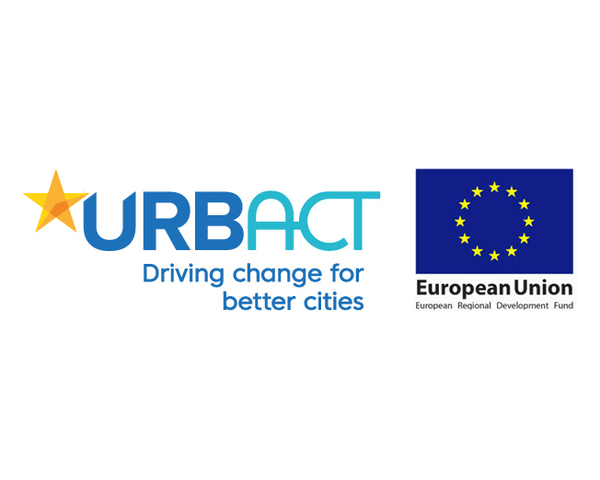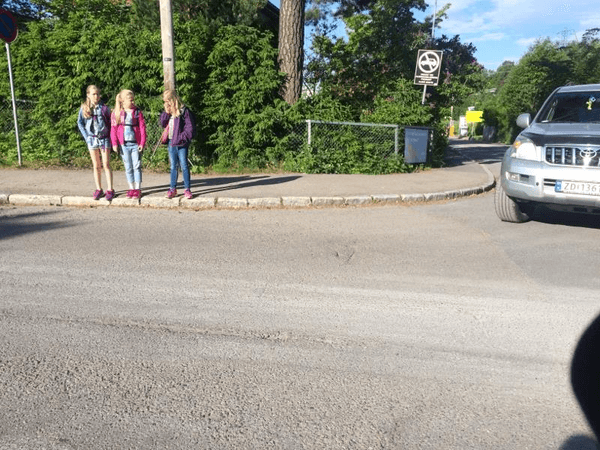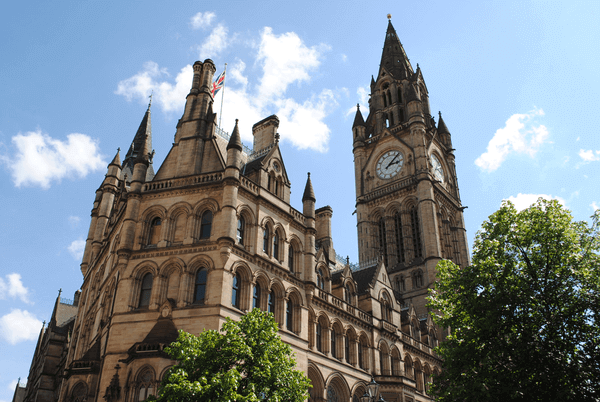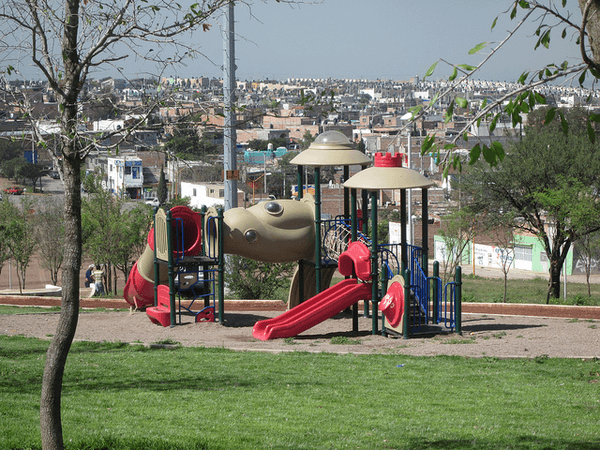City
Greater Manchester, United Kingdom
Size and population development
The metropolitan city region of Greater Manchester has a population of 2.8 million with Manchester housing 553,000, citizens. (Eurostat 2019). The population of Greater Manchester grew by 7.7% between 2006 and 2015 and the 2011 census recorded Manchester as the third fastest-growing Local Authority in the United Kingdom with the greatest percentage growth outside of London, increasing 19% in a decade. Manchester is expected to continue its fairly rapid growth in the coming years.
Population composition
Of the 2.8 million people living in Greater Manchester 49.8% are male and 50.2% are females. There are 1.8 million people of working age (16-64) living in Greater Manchester. 85% of Greater Manchester’s working age population are white, 5.3% Pakistani/Bangladeshi, 3.4% are Black, 2.3% are Indian and 1.5% are mixed ethnic groups and 2.9% all other ethnic groups. Since 2001, the share of Christians in Manchester has decreased from 62.4% to 48.7%, while the percentage of people with no religious affiliation increased from 16% to 25.4%.
Main functions
Greater Manchester is located in North Western England and generates 38% of the Gross Value Added in the North West. The city-region is known for having an economic knowledge-led centre, with research, advanced manufacturing and enterprise clustered around the University of Manchester which ranks third in research outputs behind Oxford and Cambridge Universities. Advanced manufacturing employs nearly one-in-ten residents in Greater Manchester. Outside London, it is the UK’s main centre for business, financial and professional services. Greater Manchester is home to two of the highest earning football clubs in the world, Manchester United and Manchester City, as well as major sporting companies such as Adidas, Umbro and national organisations such as British Cycling.
Main industries / business
The main industries operating in Greater Manchester are: digital and creative, education, financial, legal and business services, biotechnology, advanced manufacturing, environmental technologies, tourism and media.
Administrative structure
The Greater Manchester Combined Authority (GMCA) is made up of the ten Greater Manchester councils and Mayor, who work with other local services, businesses, communities and other partners to improve the city-region. The authority derives most of its powers from the Local Government Act 2000. The ten councils work together on issues that affect everyone in the region, like transport, regeneration, health and social care and attracting investment. The costs of the Greater Manchester Combined Authority that are reasonably attributable to the exercise of its functions relating to public transport, economic development and regeneration are met by its constituent councils. Such costs are funded by direct government grant and with some money collected with local Council apportioned between the constituent councils.
Website
https://www.greatermanchester-ca.gov.uk/





